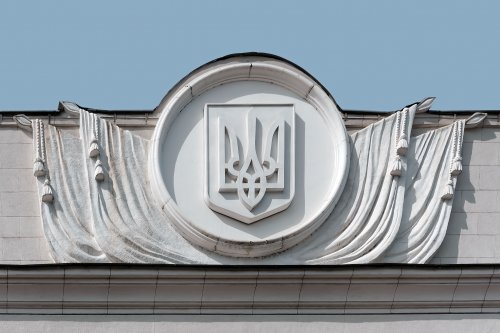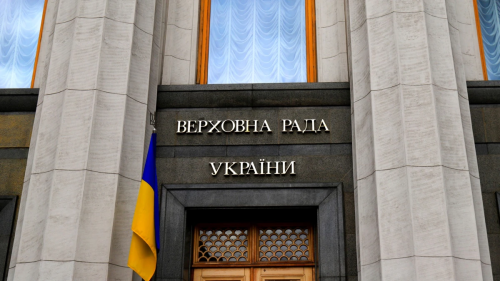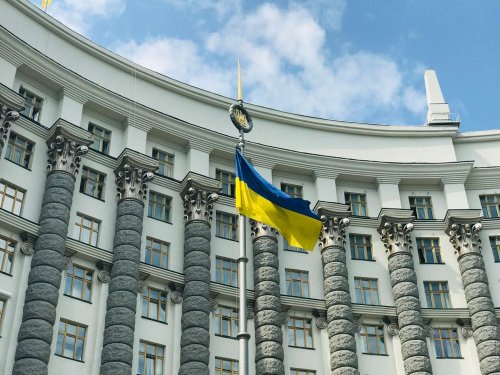Environmental activists have called on the Verkhovna Rada of Ukraine and the President of Ukraine to stop further consideration and approval of the Law on the Construction of Khmelnytskyi NPP Units 3 and 4, given that this project contradicts Ukraine's national interests, poses a threat to its energy security, and may have serious environmental and economic consequences.
The corresponding appeal was published on the website of the NGO Ecodia.
Among the main dangers of the project, public activists pointed out the following:
1. Increased cost and construction time.
Representatives of environmental protection organizations point out that the cost of construction of KhAES-3 and KhaAES-4, estimated at 1.7 billion euros, looks unrealistic in light of global trends. They said that the latest European projects show a significant increase in the cost and duration of the construction of nuclear power units. For example, the cost of building the Flamanville-3 power unit in France has increased from 3.2 to 12.4 billion euros since 2007, and the project is still not complete. Similar problems are observed at the Mohovce NPP in Slovakia.
2. Dependence on Russia.
Since it is planned to purchase and install reactor units of the VVER-1000 type manufactured in Russia for the Bulgarian Belene NPP in Bulgaria for the KhAES-3 and KhaES-4, Ukrainian nuclear engineers will once again be "tied" to the manufacturers of the aggressor country.
"The current project for the completion of Khao NPP 3 and 4 largely depends on technologies and equipment of Russian origin, which contradicts the national interests of Ukraine and international sanctions," the activists warn.
3. Mismatch of technologies.
Environmentalists emphasize that in Ukraine, all VVER-1000 reactors of the 320 series and, accordingly, the unfinished reactor and engine rooms of power units No. 3, 4 are designed for them. And at the Belene NPP, VVER-1000 reactors of the 466B series. In addition, the design of the VVER-1000/B-320 only partially meets the modern principles of nuclear power plant design. It does not take into account the safety principles developed by the Association of Western European Regulators specifically for "delayed projects", the construction of which began in the 1980s.
4. Security issues.
Experts say that in the summer, when the temperature rises, the KhNPP is already forced to use additional water to cool the reactors from the Horyn River. Therefore, without carrying out a detailed assessment of the water supply of the entire region, taking into account the simultaneous operation of four power units of Khao NPP, there is no reason to claim that this project will not have a negative impact on both the Horyn ecosystem and the region as a whole and to guarantee the safe operation of the reactors.
In addition, the draft law on the construction of power units does not take into account the current state of structures that were built in the 1980s and remained unfinished for more than 30 years.
5. The environmental impact assessment report is incomplete.
It lacks a number of data and studies that must be in accordance with the provisions of Art. 6 of the Law of Ukraine "On Environmental Impact Assessment".
In November 2023, EcoPolitic reported that a number of countries promised to triple the capacity of nuclear energy by 2050.
At the same time, German Chancellor Olaf Scholz said that the country will not resume the use of its closed nuclear power plants and will not return to nuclear energy.




